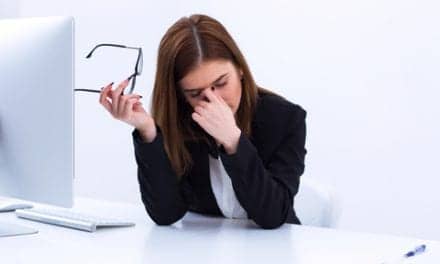Colin Lawlor, CEO of SleepScore Labs, writes for Forbes about the perils of claims-based marketing in the sleep industry.
Today, claims-based marketing messages are everywhere, and the tactic is prevalent in the health and wellness industry. Some of these claims are not properly substantiated, a problem that is perhaps most widely acknowledged with magic weight loss solutions. The issue is far more widespread, even including some physical and mental health products and services. A recent article in the Wall Street Journal, “The Problem With Employee Wellness Programs,” highlights how the problem has impacted companies who are looking to improve the wellness of their teams.
For emerging categories like sleep, brands are looking to grab the attention of consumers who are recently learning about this space. Because of this, they may sometimes make unsubstantiated claims. Notably, MyPillow received a $1 million fine by the FTC in 2016 for allegedly making false medical claims, including that the pillow could “prevent sleep loss associated with insomnia, restless leg syndrome, neck pain, fibromyalgia, sleep apnea, migraines and other ailments.”
When it comes to understanding what impacts sleep positively or negatively, many brands lean into surveys and other self-reported information, which is often unintentionally distorted when it comes to sleep. We’re unconscious when we sleep, so our perceptions of our own sleep quality are based on fairly unreliable data. Objectively measured sleep is what enables us to know what interventions truly have an impact on us.
The sleep industry is primarily filled with those who truly do wish to do good and spread sleep improvement to the masses. But most are lacking the tools to test their consumer offerings to get a better understanding of how their solution truly—objectively—impacts sleep. The industry must do better. It’s become too common for companies to throw out an unsubstantiated claim and see how consumers respond through their wallets or otherwise. To impact consumers positively, the sleep space should base every claim on data and scientifically proven research.



